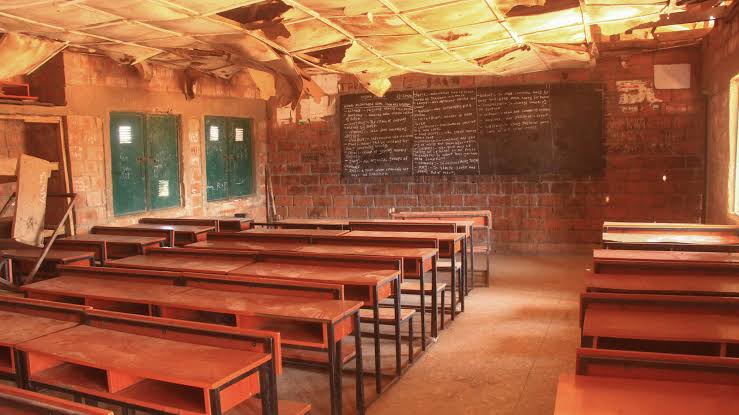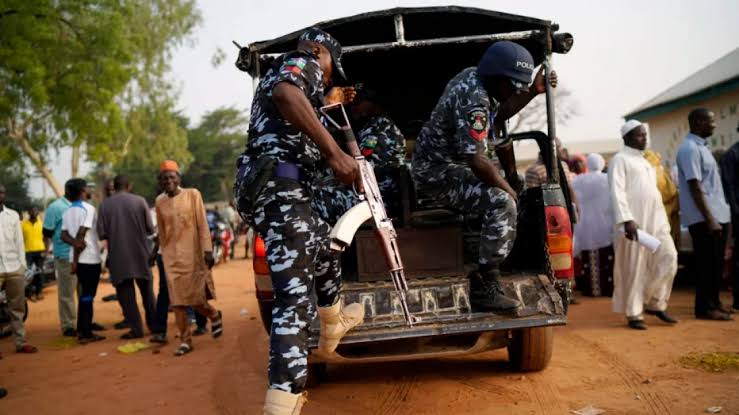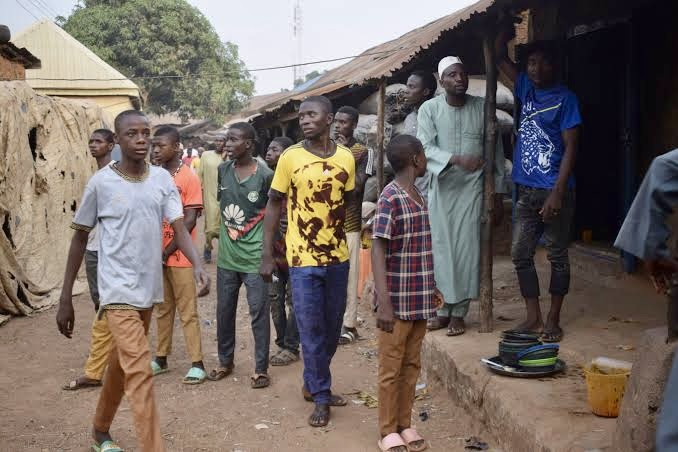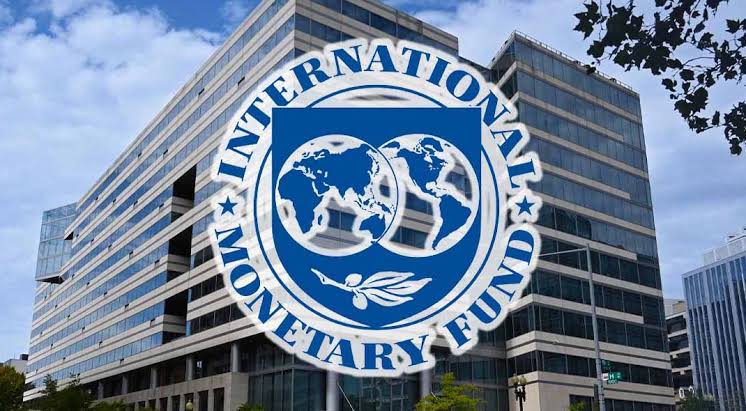
Faith Nyasuguta
Nigerian president Bola Ahmed Tinubu has deployed troops to rescue over 250 children abducted by gunmen from a school in the north-western region. This incident marks one of the largest mass kidnappings in recent years, reflecting the heightened security threats posed by heavily armed criminal gangs operating on motorbikes.
This mass abduction in Kaduna state follows another one just a week earlier in Nigeria, where criminal gangs systematically target victims in villages, schools, and along highways, seeking ransom payments. The situation highlights the persistent security concerns in the country, raising questions about the effectiveness of measures to combat such criminal activities.
Local government officials in Kaduna have confirmed the kidnapping at Kuriga school but struggle to provide exact figures as they work to ascertain the number of abducted children. Unfortunately, at least one person lost their life during the attack, underscoring the violence associated with these criminal acts.
Sani Abdullahi, a teacher at the GSS Kuriga school, reported that the assailants, locally known as bandits, attacked the school early on Thursday, firing shots in the air. Fortunately, some staff and students managed to escape, but the scale of the abduction remains significant. Conflicting reports suggest that between 200 and 280 children and teachers might have been abducted.
The situation called for urgent action, prompting President Tinubu to order the deployment of troops to track down the kidnappers. Such large-scale abductions challenge the government’s efforts to enhance security and attract foreign investments, as criminal gangs continue to exploit vulnerabilities in various regions.
This incident follows the mass kidnapping a week earlier in north-east Borno state, where over 100 people, primarily women and children in camps for the displaced, were reported missing. However, conflicting accounts regarding the time and number of victims have surfaced, adding complexity to the security challenges faced by the Nigerian government.
Notably, this occurrence takes place nearly a decade after the infamous abduction of over 250 schoolgirls by Boko Haram in Chibok, Borno state, in April 2014. The persistence of such incidents underscores the ongoing threats posed by criminal groups and highlights the need for sustained efforts to ensure the safety of citizens.
The response from President Tinubu emphasizes the commitment to rescuing the abducted children. However, it also raises questions about the broader strategies in place to address the root causes of these security challenges and prevent future occurrences. The effectiveness of deploying troops for rescue missions needs to be assessed in the context of a comprehensive security framework.
The abduction in Kaduna adds to a concerning trend of mass kidnappings targeting schoolchildren and college students in various regions over the past three years. The criminals often demand ransom payments, and victims are held in hidden camps within the expansive forests of north-western Nigeria.

Unicef has strongly condemned the attack, emphasizing that schools should be sanctuaries of learning and growth, not sites of fear and violence. The international community, along with local authorities, is urged to take concerted action to protect students and ensure their safety within educational institutions.
Nigeria’s armed forces are grappling with multiple security challenges, including armed criminal activities in the north-west and a persistent jihadist insurgency in the north-east. While successes have been achieved in pushing back militants from some territories, the complexities of these security threats persist.
The ongoing security concerns reflect broader issues within the country, requiring a multifaceted approach that combines military interventions with efforts to address socio-economic factors contributing to criminal activities.
As President Tinubu seeks to fulfill promises of making Nigeria safer and attracting foreign investments, the current security landscape demands sustained attention and comprehensive strategies to safeguard the well-being of citizens.
RELATED:




